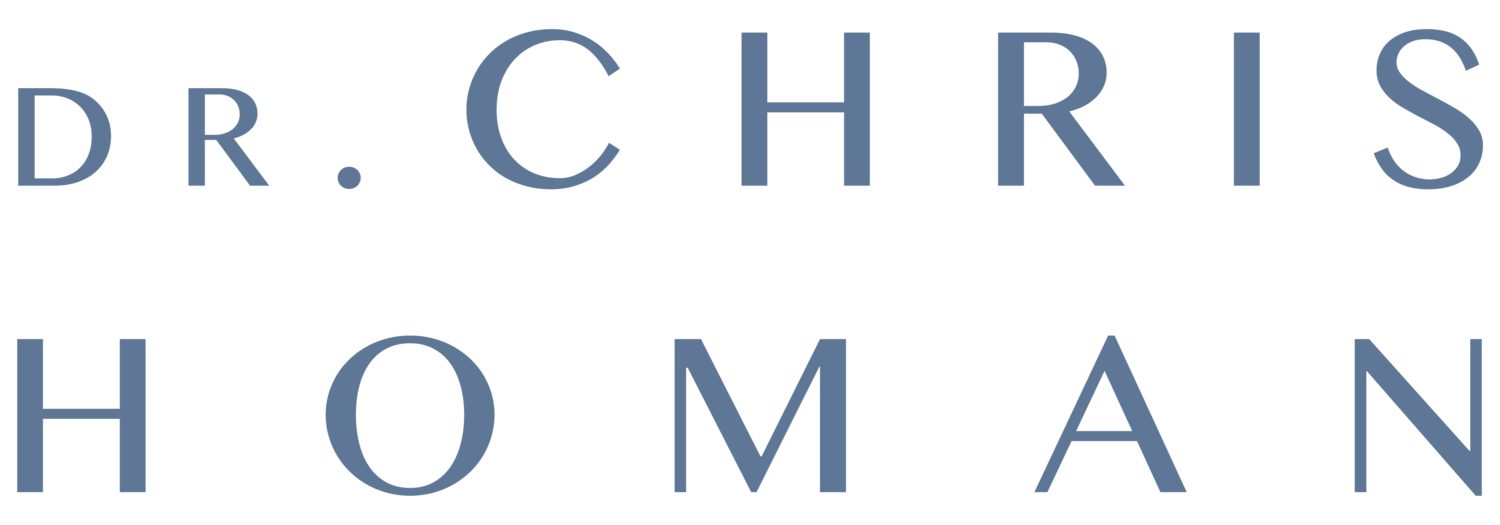Poor sleep (insomnia) is associated with increased pain and poorer health. Improving sleep can be a critical ingredient in reducing the severity of pain. There are a number of strategies that can help improve sleep. Drugs generally only have a limited, short-term role in improving sleep.
Use a comfortable, supportive bed
Mattresses should generally be in the firmer half of the mattress population. You should be able to lie in the one spot for 20 minutes without feeling the need to move. – Sleep either on your back or your side. Sleeping on your front sets you up for neck pain and headaches.– Pillows should be thick enough to fill the gap between your ear and shoulder when you are lying on your side.
Simple sleep hygiene
Sleep in a dark room - use an eye-shade if necessary.– Sleep in a quiet room - use ear plugs if necessary.– Only use the bed for sleeping – don’t be in the habit of watching TV in bed.– Go to bed at a set time with a standard pre-sleep ritual (e.g. reading). – Avoid vigorous exercise in the hours before retiring.
Nutrition
Eat a smaller meal at night. A full stomach reduces sleep quality. Have your biggest meal in the middle of the day. Reduce fluid intake from 6pm to reduce the need to empty your bladder. – Avoid stimulants, such as caffeine, colas and chocolate, from lunchtime. Avoid alcohol.– Supplement with magnesium to relax the brain and the muscles
Calm the mind
Minimise bright lights (esp white fluorescents), TV-watching and computer use in the hours before retiring. Bright lights stimulate the brain and keep you awake. Warm-coloured lights that mimic candle / fire light are best. – Take a warm shower or bath before bed. Heat reduces the levels of stress hormones and helps relax the mind and body. A warm Epsom salt (magnesium) bath for 30 minutes is an excellent way to also top up magnesium.– Practice mindfulness-meditation. Learn to control your mind and slow down your thinking at bed time.Avoid problem solving whilst you’re meant to be going to sleep. Focus on repetitive processes like slow breathing or even counting sheep. Breathe slowly with your “tummy”. Using your diaphragm to breathe automatically reduces the frequency of your brain waves by 10%. It also helps to relax your neck and shoulder muscles.
Dr. Chris Homan
MBBS FRACGP FACRRM DRANZCOG PGDipMSM(Otago)

